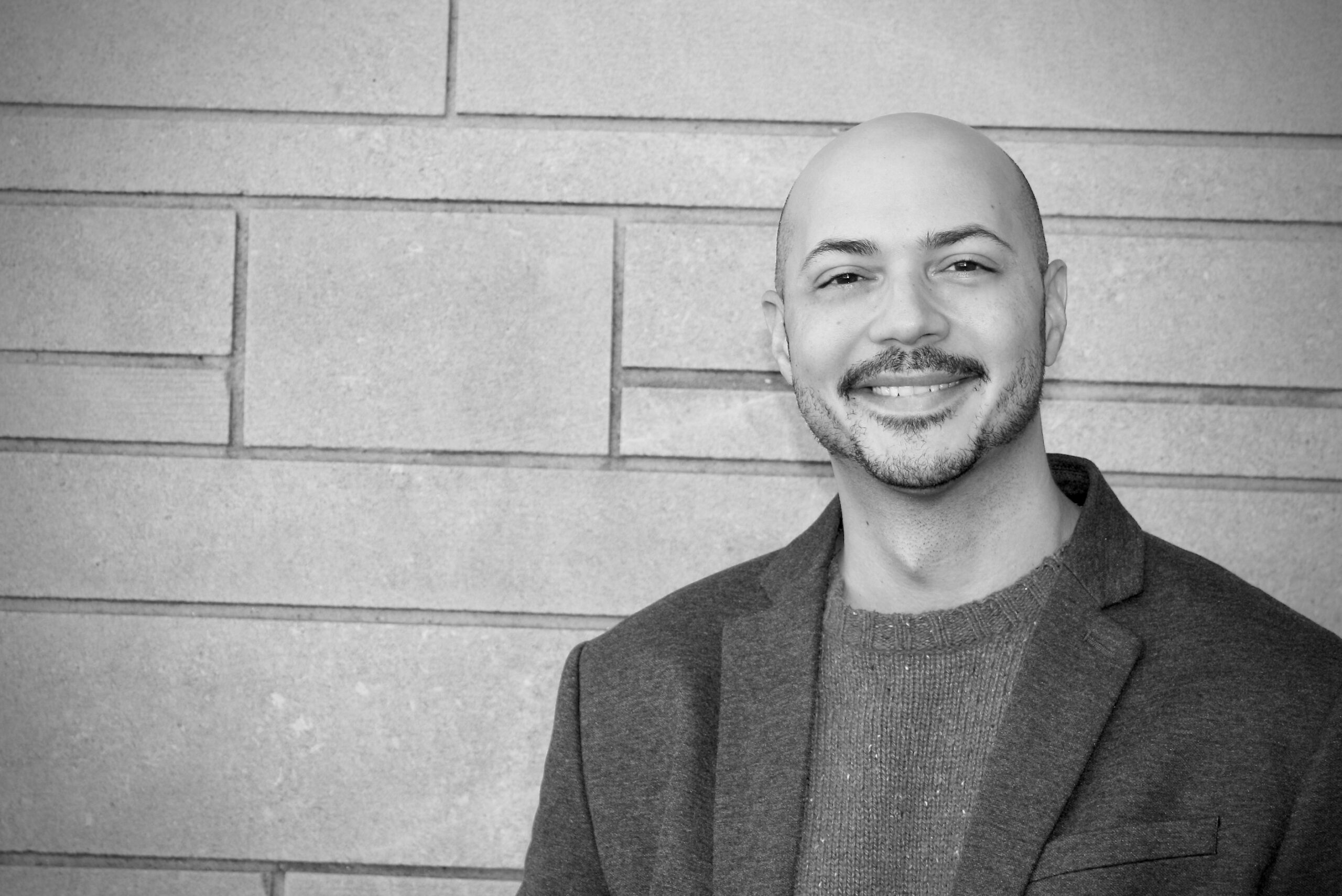
To reduce the stigma associated with seeking and receiving mental health services through excellence in service provision, community partnership, quality content production, and education.
Our logo is a playful take on the Tabono, a West African symbol of strength, hard work, and persistence. It is traditionally drawn as four oars or paddles, which is what the word Tabono translates to in English, and can be viewed either as paddles rowing in unison, or as one paddle rowing continuously so as to reach a destination. We modified the colors to represent diversity and acceptance, though wanted to keep as close as possible to the original to preserve its timeless meaning. This symbol reminds us that healing is a journey to be taken together.

Owner of Dauntless Counseling and Consulting
Bryan has been in the field of mental health exclusively since 2007, and has worked in a variety of capacities during this time.
His work first began serving those in inpatient settings and later group homes. He then spent time as a case manager in community mental health, then as a skills trainer, then as a contractor for the State of Indiana through Wraparound. Feeling a desire to be able to learn and do more yet, he attended IUPUI where he obtained his Master’s Degree in Social Work with a focus on mental health and addictions.
For the past 5 years, he has worked as an individual therapist specializing in the provision of services to individuals who are living with trauma, anxiety, depression, family distress, and couples distress.
He is trained in Eye Movement Desensitization and Reprocessing (EMDR), the Safe and Sound Protocol (SSP), 1-2-3 Magic, and also Level I Gottman Method with a focus on affairs. He has also undertaken extensive study of narcissistic family systems, and applies these skills to support survivors of narcissistic abuse.
In his free time, Bryan enjoys cooking, gaming, tinkering with electronics, Qi Gong, and spending time with loved ones.